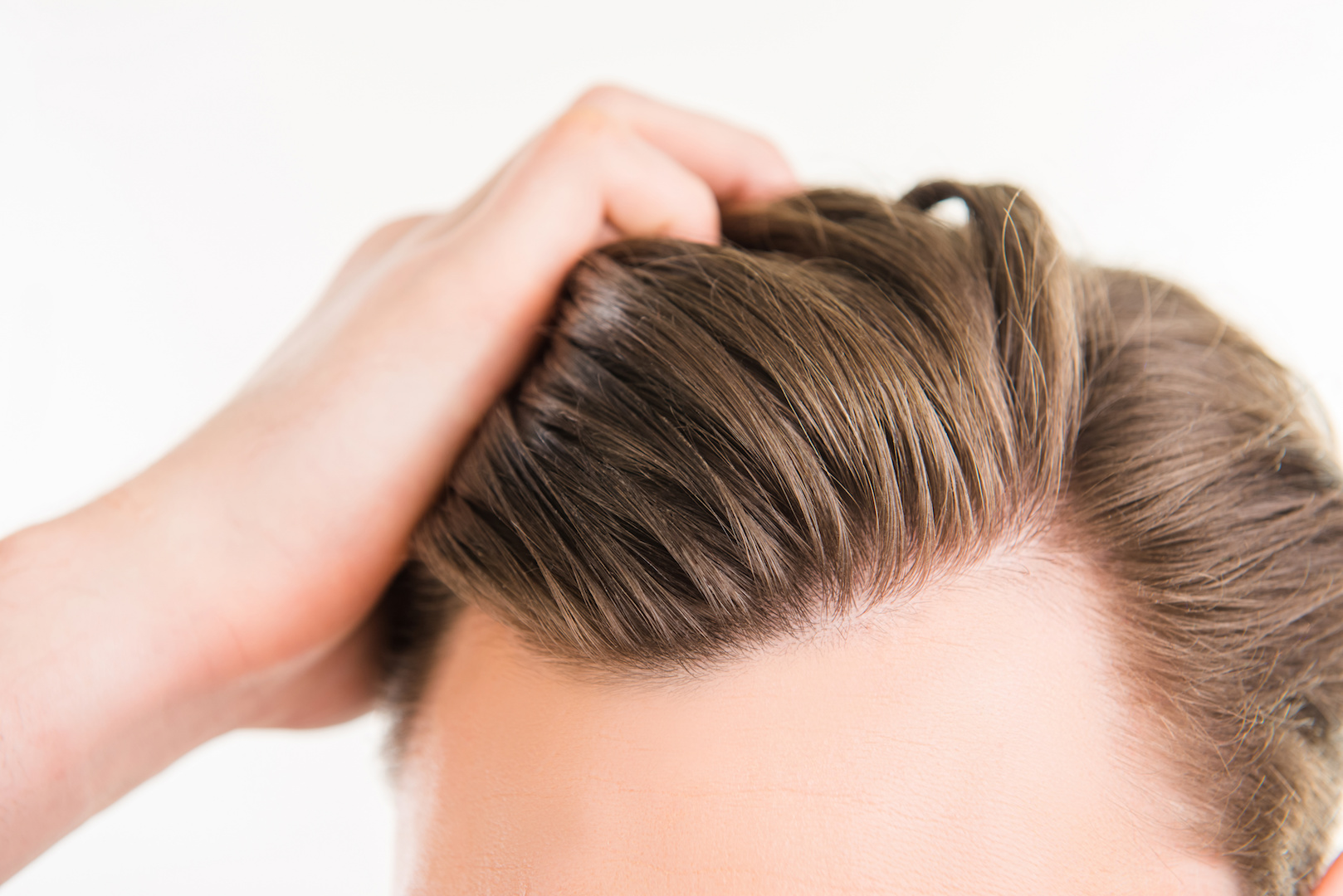 For many men and women, hair health is not a priority. Their haircare routine is typically straightforward: shampoo, maybe conditioner and perhaps a little styling spray to look put together. Others take their hair health more seriously, particularly individuals who suffer from embarrassing hair loss conditions. But, does hair health truly matter?
For many men and women, hair health is not a priority. Their haircare routine is typically straightforward: shampoo, maybe conditioner and perhaps a little styling spray to look put together. Others take their hair health more seriously, particularly individuals who suffer from embarrassing hair loss conditions. But, does hair health truly matter?
The answer is multifaceted. Hair is a complex structure and has its own anatomy just like any other part of your body. At the base of hair – underneath the skin – there are living cells that work arduously to sustain growth, strength and shine. Therefore, the hair you see is often a reflection of your vitality and overall well-being. Improving the health of your hair isn’t just about looking great, it’s also about strengthening and supporting each strand from root to tip.
Hair Anatomy
Each strand, or shaft, is anchored by a follicle. The follicle is a tubular pouch just underneath the skin’s surface. Two sheaths surround the follicle to protect the shaft. The outer sheath runs alongside the sebaceous gland, which produces oils that naturally condition hair and give it its natural sheen. The outer sheath connects to the arrector pili muscle, and when contracted, causes hair to stand up – an effect more commonly known as goosebumps.
At the base of the follicle is known as the bulb, where cells build and nourish the shaft. These cells are connected to tiny blood vessels, or capillaries, which deliver hormones and nourishment to sustain healthy hair growth. When your body’s hormones are off balance or shifting as you age, the cells can’t re-build new shafts to replace everyday shedding. This is a condition known as androgenetic alopecia, also called male-pattern baldness of female pattern hair loss (FPHL).
Meanwhile, the shaft is made of a hard protein called keratin. The hair you see on your head, arms or legs is dead and no longer nourished by the follicle and its cells. Although it’s not living, the shaft is convoluted. Sometimes, an inner layer called the medulla is present, but this portion only exists in certain types of hair. The middle layer (which everyone has) is called the cortex, containing pigment to help give your hair its natural shade. The outer layer is called the cuticle. Most everyday hair care products designed to smooth or soften hair target the cuticle. Cuticle structure varies based on your hair type which can affect hair’s appearance. For instance, people with curly hair have drier, dull strands because sebum has a difficult time traveling down the kinks of the cuticle to condition shafts properly.
Why Hair Health Matters
Your hair has both cultural and social significance, which is why so many men and women who suffer from hereditary hair loss experience shame and discomfort with their appearances. Despite how much information we know about hair and its biological variations, human beings innately favor physical attributes in one another (and themselves) that suggest better health. One of these physical attributes is strong and voluminous hair.
It’s important to note that not everyone lacks beautiful, big hair because they aren’t healthy. While hair loss is sometimes indicative of an underlying health concern, most hair loss cases are due to predetermined genetics and hormonal fluctuations. Even pregnancy, one of the most natural (albeit magnificent) processes a woman’s body can undergo, modifies hair’s growth and form. Despite what human beings perceive, thinning and shedding doesn’t always indicate something is fundamentally wrong with your body. But, the emotional toll of hair loss certainly makes it feel that way.
If you suffer from androgenetic alopecia or another hair loss condition, improving your appearance by counteracting your hair loss can be a life changing experience. At the Hair Transplant Institute of Miami, we help hair loss patients boost their self-assurance by restoring hair to reflect the way they truly feel on the inside – strong, fit and vibrant. Call us at 305-925-0222 to schedule your hair loss consultation in Miami today.

